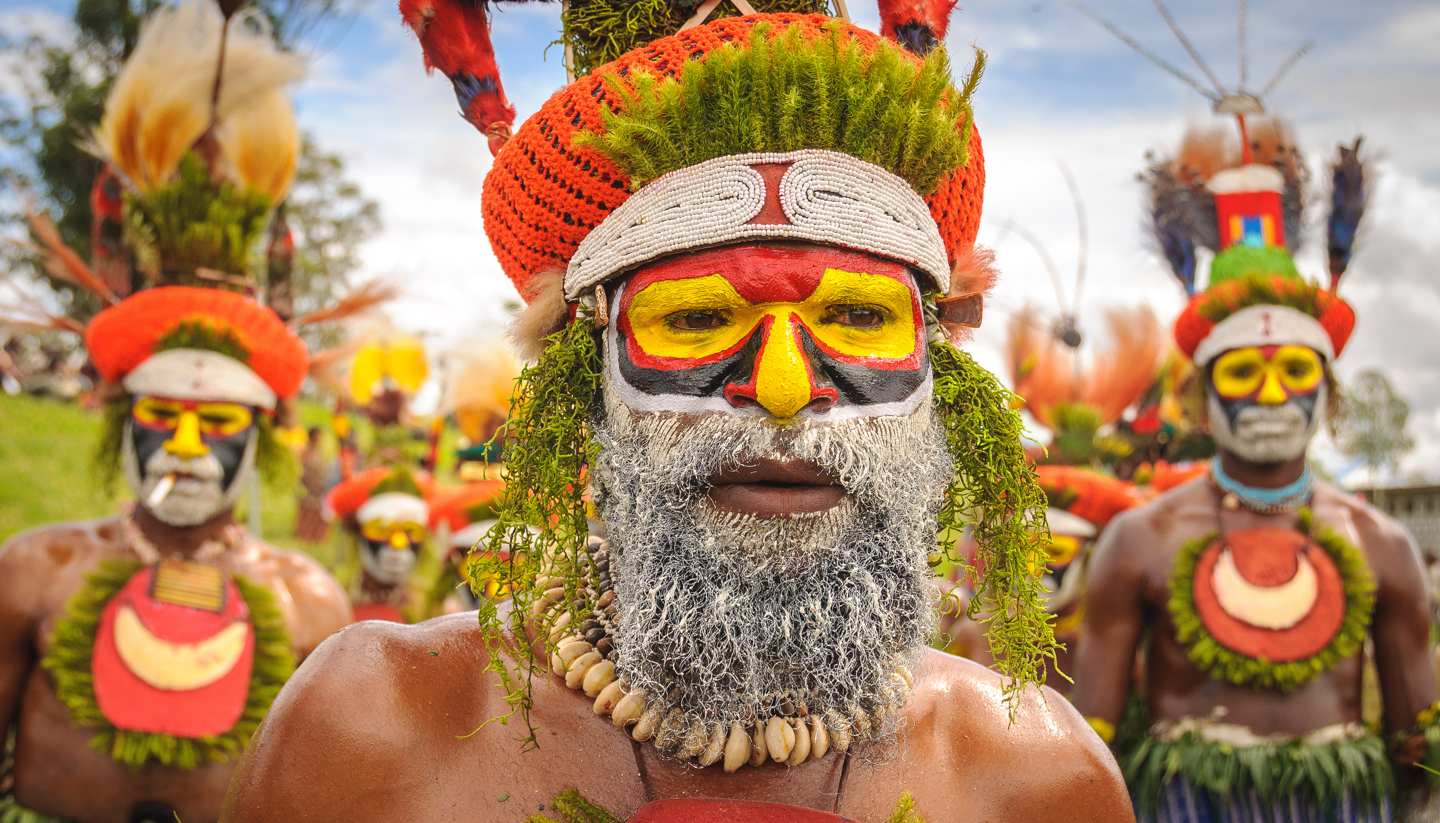Papua New Guinea Health Care and Vaccinations
| Title | Special precautions |
|---|---|
| Diphtheria | Sometimes |
| Hepatitis A | Yes |
| Malaria | Yes |
| Rabies | Sometimes |
| Tetanus | Yes |
| Yellow Fever | No* |
| Typhoid | Yes |
* A yellow fever vaccination certificate is required from travellers over one year of age arriving from an infected area.
Health Care
The main hospitals are Port Moresby General (Papuan region), Goroka Base (Highlands) and Angau Memorial. Visitors can use any of the private doctors or public consultation clinics. Doctors and hospitals are not free and often expect immediate payment for medical services. Hospitals are poorly equipped and sudden shortages of common medications can sometimes occur; travellers who may need ongoing or routine medical treatment are advised to obtain visas for Australia, where medical facilities are more reliable, before leaving their country of origin. Dental care outside the main centres is limited, but pharmacies in the major centres are well stocked. Health insurance is essential and must include evacuation facilities.
Food and Drink
All water should be regarded as being potentially contaminated. Water used for drinking, brushing teeth or making ice should have first been boiled or otherwise sterilised. Milk is pasteurised and dairy products are safe for consumption. Only eat well-cooked meat and fish. Vegetables should be cooked and fruit peeled.
Other Risks
HIV/AIDS is a serious health issue with the rate of infection increasing. Other sexually transmitted diseases are prevalent in urban centres. Protection with condoms is essential. Vaccinations against Japanese B encephalitis, tuberculosis and hepatitis B are sometimes recommended.
Certificate
Medical documentation, including an HIV test, is required for all travellers aged 16 or older and those seeking residency.


